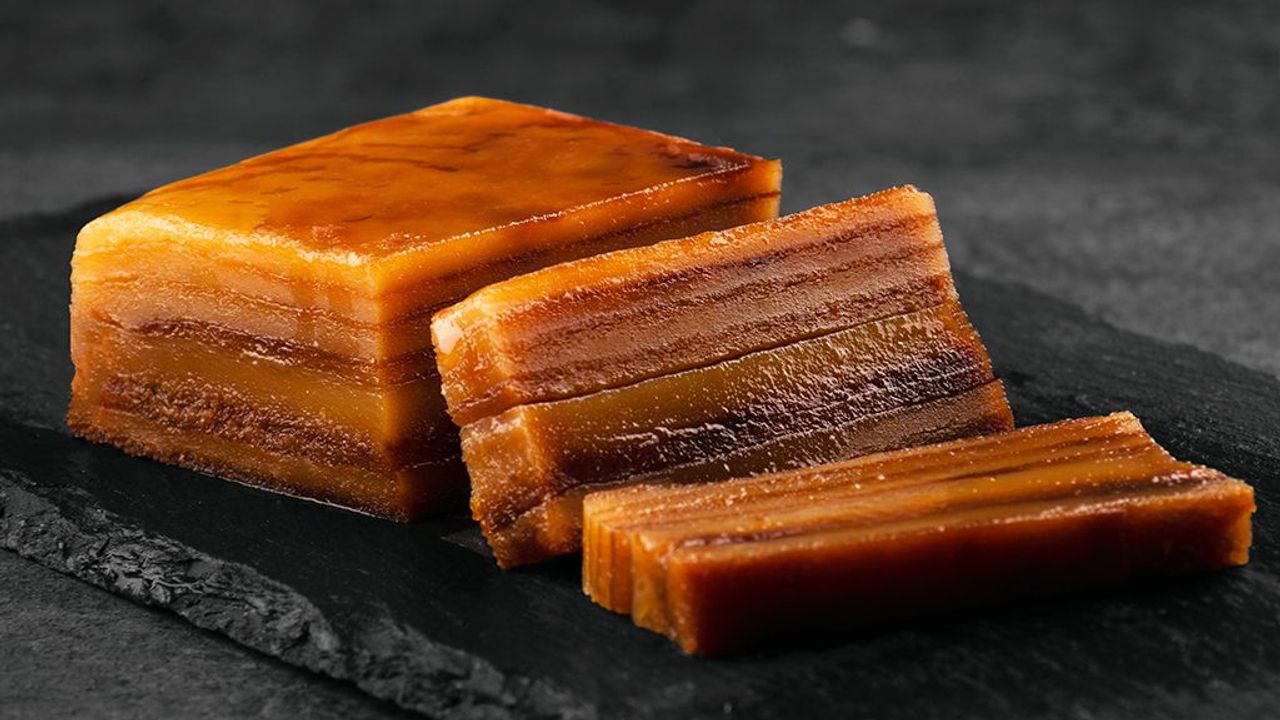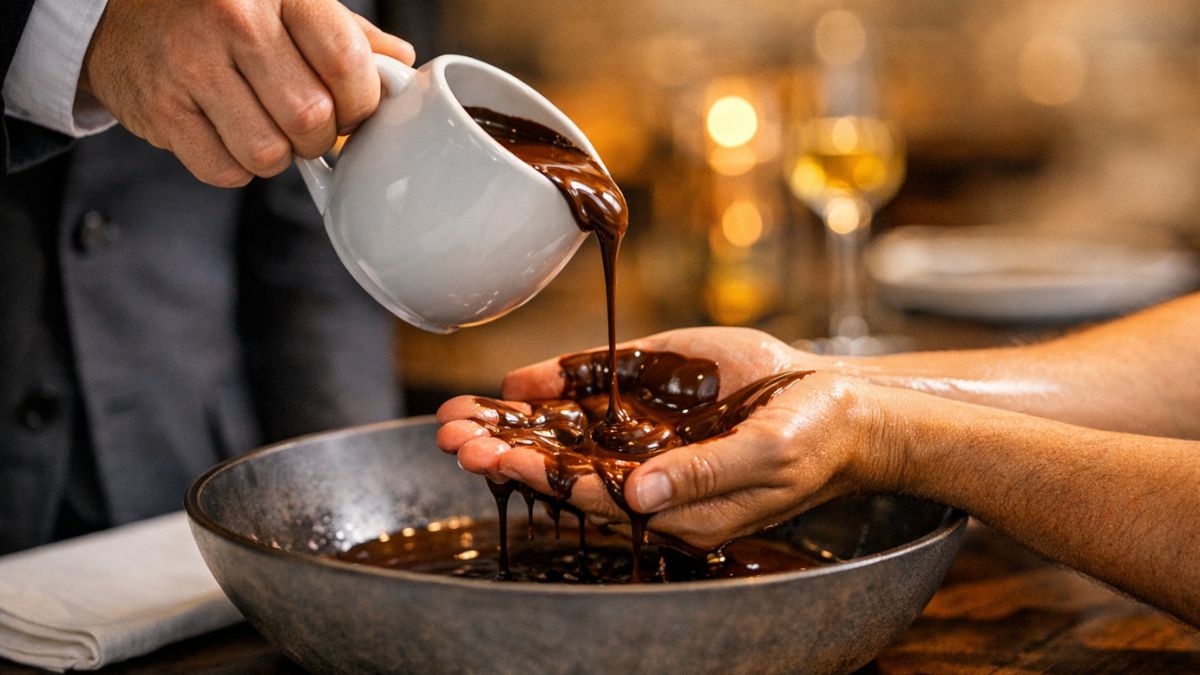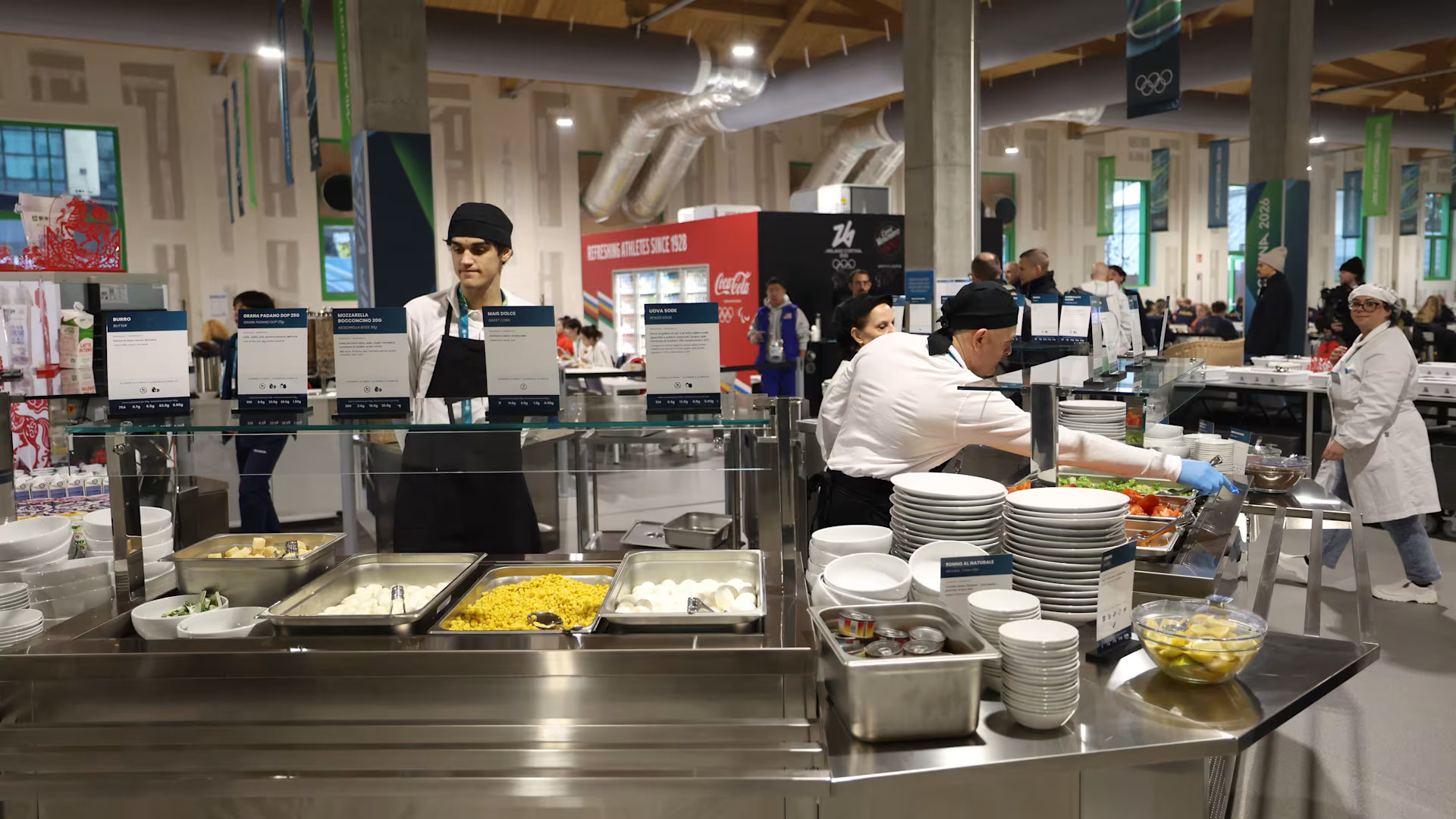Hydrating Foods & Drinks: Most of us think about heart health in terms of salads, workouts and cutting down on fried food. But there is another everyday choice that is just as important - how much water you drink. Hydration is not only about quenching thirst, but it also directly supports your blood pressure, circulation and even your heartbeat. According to Dr Frank Hu, a nutrition and epidemiology expert at Harvard T.H. Chan School of Public Health, "Water is essential for maintaining blood flow and regulating blood pressure, both of which are critical for heart health."
The good news is that staying hydrated does not always mean plain glasses of water. Seasonal fruits, homemade drinks and even soups can all help the heart by keeping fluids balanced. Here is how hydration ties into heart health and the everyday foods and drinks that can make a difference.
Also Read: Kokum Water For Weight Loss: The Tangy Desi Drink That Wins Hearts And Burns Fat

Photo Credit: iStock
How Hydration Helps The Heart
Water plays a central role in cardiovascular health, and the effects are easy to notice. Hydration regulates blood pressure, supports circulation and keeps electrolytes balanced - all of which reduce stress on the heart.
- Keeps blood pressure stable. Drinking enough fluids ensures blood vessels stay flexible and responsive, helping avoid sudden pressure spikes. Research published in the Journal of Human Hypertension found that adequate hydration lowers systolic blood pressure.
- Supports smooth circulation. Hydrated blood flows more freely, reducing the risk of clots and stroke. Think of it as keeping the body's "plumbing system" from getting clogged.
- Balances electrolytes. Fluids regulate minerals like potassium and sodium, which keep the heartbeat steady. Dehydration, on the other hand, can disrupt rhythm and cause irregular heartbeats.
What Happens When You Skimp On Water
Missing out on fluids may feel like nothing more than a dry throat or mild fatigue, but the impact on the heart can be significant.
- Blood pressure rises. Without enough fluids, the heart works harder, and this can lead to long-term hypertension. The American Heart Association identifies dehydration as a common trigger for higher blood pressure, especially in older adults.
- Blood thickens. Lower blood volume makes blood more viscous, raising the risk of clotting. For those already at risk of strokes or clots, dehydration is particularly dangerous.
- The heart strains. Pumping thicker blood feels like running a marathon with weights on. Over time, this constant strain can weaken the heart muscle.
How Much Water Should You Drink Daily?
The classic advice is eight glasses a day, but the real answer depends on age, body weight, gender and activity levels. A good benchmark is 8 to 10 cups daily, around 64 to 80 ounces. Beyond plain water, hydration also comes from food and drinks - fruits, vegetables, soups and herbal teas all contribute to your daily intake.

Photo Credit: Unsplash
10 Hydrating Foods And Drinks That Support Heart Health
Hydration is not just about carrying a water bottle. Many everyday foods and drinks are naturally water-rich and can support your heart while keeping you refreshed. Here are 10 that deserve a spot in your daily routine.
1. Watermelon
Made up of over 90 percent water, watermelon is one of the most hydrating fruits you can eat. It is light, cooling and a summer staple in India. On top of that, it contains lycopene, an antioxidant linked to heart health. Add it to fruit bowls, smoothies or eat it plain as a juicy snack.
2. Oranges
Citrus fruits like oranges hydrate and also provide vitamin C, which helps maintain strong blood vessels. Oranges are an easy on-the-go snack, and fresh orange juice (without added sugar) is both refreshing and heart-friendly.
3. Strawberries
These berries are around 91 percent water and packed with antioxidants. They are sweet enough to replace processed desserts and make for a heart-healthy topping on yoghurt, cereal or oatmeal.
4. Cucumbers
One of the most water-rich vegetables, cucumbers are about 95 percent water. They can be eaten raw, tossed in salads, or blended into smoothies. Their high potassium content also supports healthy blood pressure.
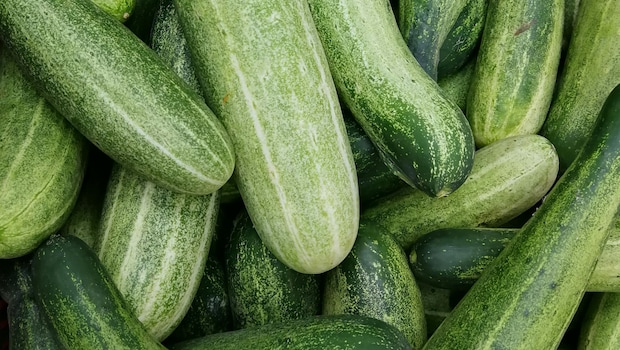
Photo Credit: iStock
5. Tomatoes
Juicy tomatoes add hydration and lycopene to your meals. Whether eaten raw, in soups or in curries, they are versatile and contribute both fluids and nutrients that protect the heart.
6. Celery
Often underrated, celery sticks are more than 95 percent water. They make for a crisp, low-calorie snack, perfect with a dip like hummus. Celery also provides fibre, which is linked to lower cholesterol levels.
7. Coconut Water
A traditional Indian favourite, fresh coconut water is naturally rich in potassium, which helps regulate heartbeat and manage blood pressure. Unlike packaged sugary drinks, it hydrates without adding empty calories.
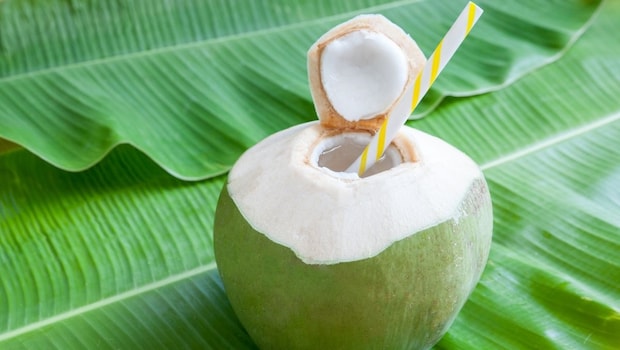
Photo Credit: Canva
8. Soups And Vegetable Broths
Clear vegetable soups and broths are excellent for hydration, especially when seasoned lightly. Adding ingredients like spinach, carrots or beans makes them more nutritious, while still keeping them heart-friendly.
9. Herbal Teas
Caffeine-free teas such as chamomile, peppermint and hibiscus add variety to fluid intake. Hibiscus tea, in particular, has been studied for its potential to lower blood pressure, making it a smart choice for heart health.
10. Lettuce And Leafy Greens
Often overlooked, leafy greens like lettuce and spinach have a high water content. They also provide magnesium and potassium, minerals that play a role in maintaining steady heart rhythm. A fresh salad is both hydrating and nutrient-rich.

Photo Credit: iStock
Including these foods and drinks in daily meals means hydration becomes part of your diet without feeling like a chore. From a slice of watermelon on a hot afternoon to a warm vegetable broth on a winter evening, each of these choices helps your heart function smoothly while keeping you refreshed.
Smart Habits To Stay Hydrated
Hydration is about consistency. Here are simple ways to make it part of your routine:
- Sip regularly. Carry a water bottle and take small sips through the day.
- Balance other drinks. Limit coffee or alcohol, both of which dehydrate, and pair them with water.
- Snack smart. Choose fruit bowls or cucumber sticks instead of processed snacks for both hydration and nutrition.
- Listen to your body. Thirst, fatigue and even headaches are early signs you need more fluids.
Also Read: 6 Classic Suji (Semolina) Recipes That Win Our Hearts Every Time We Make Them
Why Hydration Belongs On Your Food Plate
Hydration is not just a health checklist item, it is part of everyday eating and drinking. Whether it is a slice of watermelon in summer, a bowl of hot soup in winter or simply a glass of water at your desk, these choices support your heart in quiet but powerful ways. By making fluids a natural part of meals and snacks, you are not only staying refreshed but also giving your heart steady protection.

